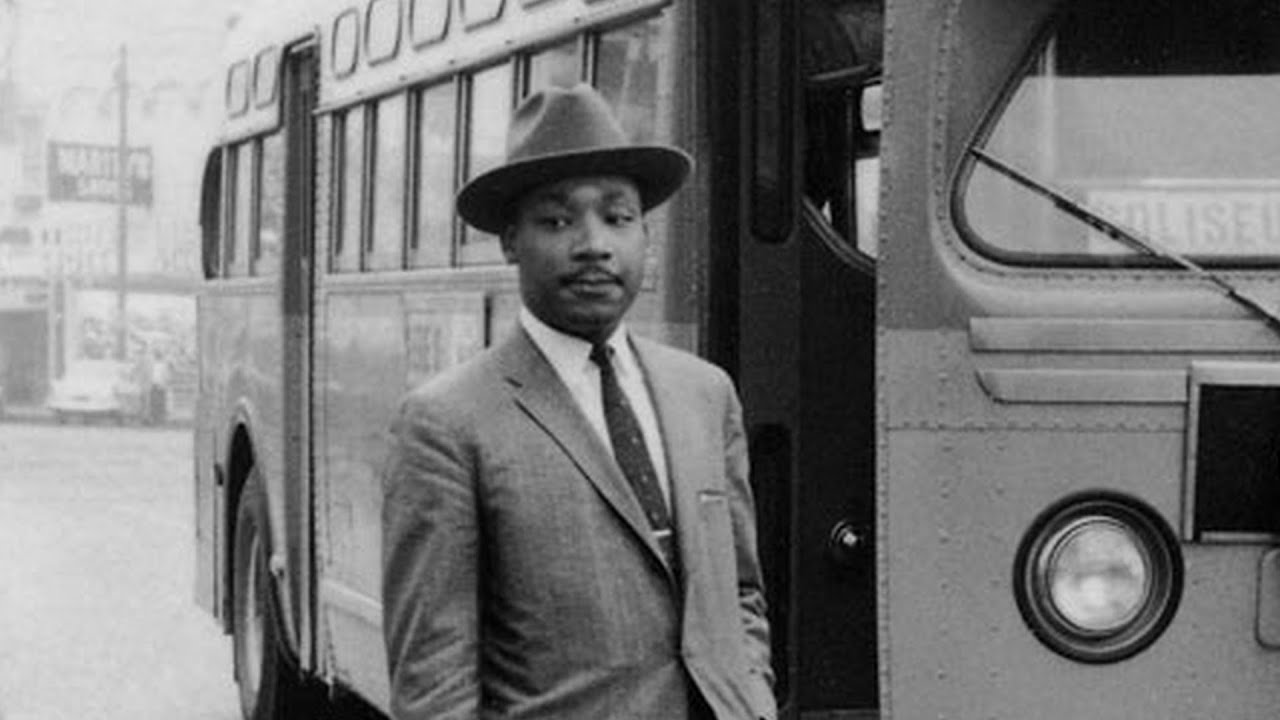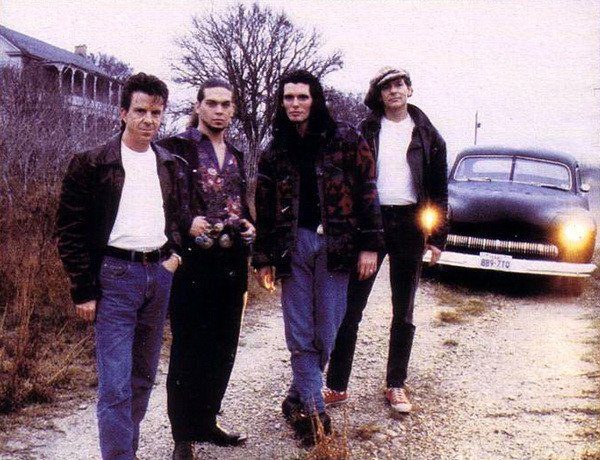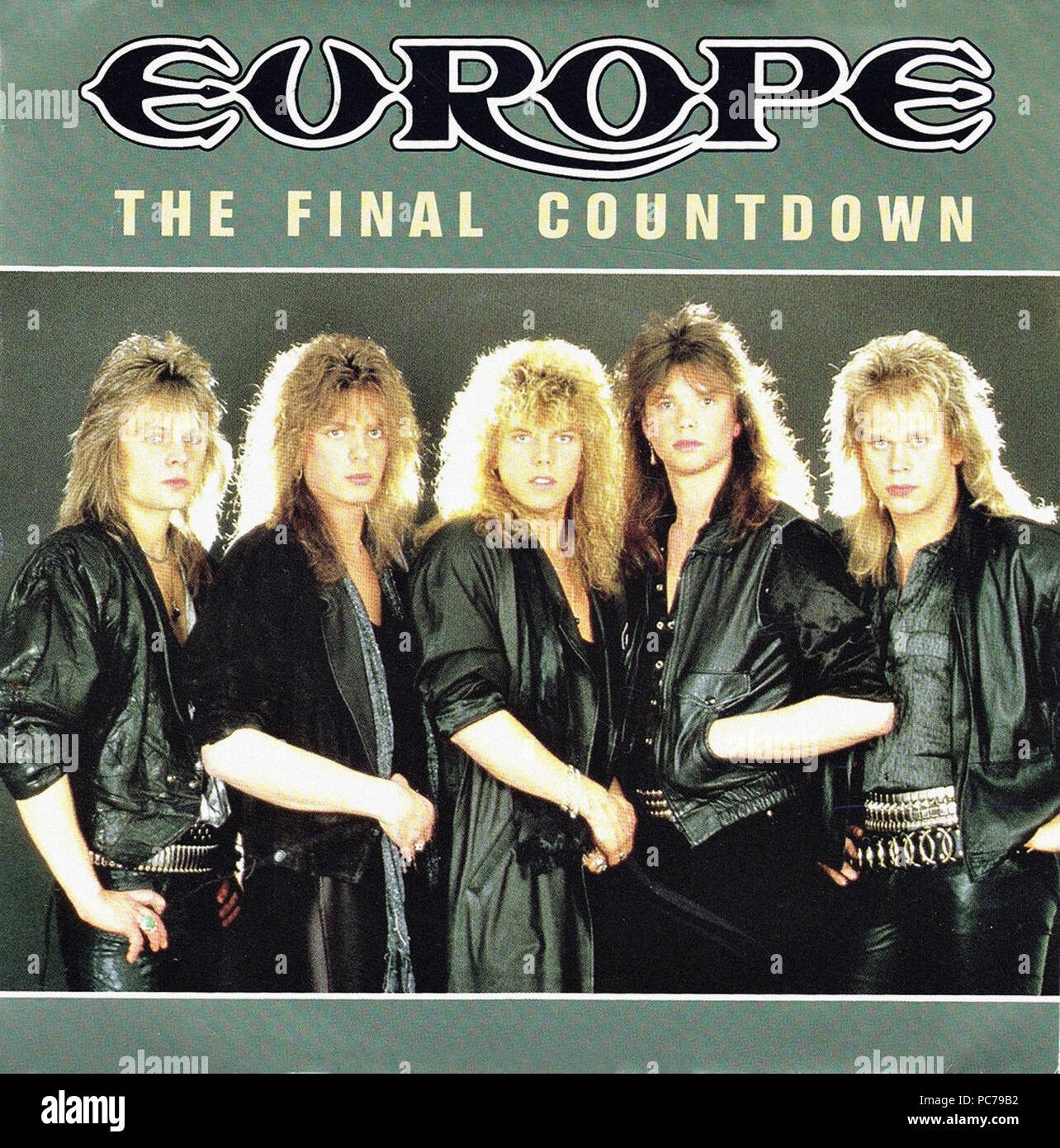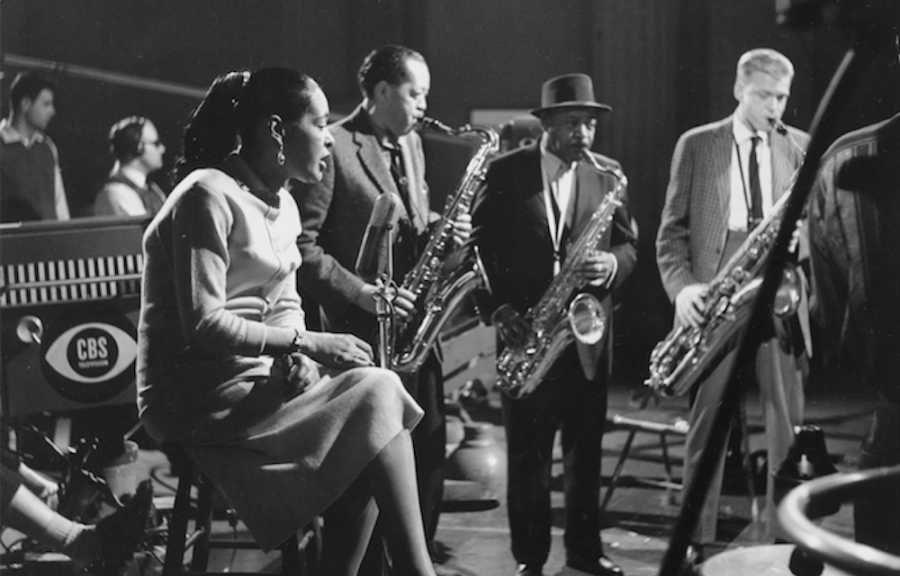observers Knowledge can lead you in interesting directions
Working full time, and carrying a full load, I still had some energy left for other things. My interest in politics had burned out by the end of high school, but this evening, I was sitting in a meeting of the Leadership Council for the Engineering School observing the President. Being a lifelong student of great salespeople, this guy was amazing. And so full of himself at the same time. But for some reason, he came over after the meeting, and we started talking, and the next thing I know, I was the Parliamentarian for the group (given my Debate experience) … and next in line to be President…
…I had just had this happen in High School, and wasn’t wild about it, but he was a VERY good salesman, and soon I was representing the school in the Student Senate. The elected body for SMU was about 30 students including some upperclassmen and even grad students from the SMU Law School, one of the best in the nation… and a library I knew well from Debate work. It felt like the people that I had run around the state with in Debate tournaments, and pretty soon, they were both enhancing and counting on my Knowledge of people and politics.
observe most opportunities give no advance Knowledge
King received his Ph.D. degree on June 5, 1955, with a dissertation titled A Comparison of the Conceptions of God in the Thinking of Paul Tillich and Henry Nelson Wieman. Interesting – and at the age of 25 in 1954, King was called as pastor of the Dexter Avenue Baptist Church in Montgomery, Alabama. In March 1955, Claudette Colvin—a fifteen-year-old black schoolgirl in Montgomery — refused to give up her bus seat to a white man in violation of Jim Crow laws, local laws in the Southern United States that enforced racial segregation. King was on the committee from the Birmingham African-American community that looked into the case; E. D. Nixon and Clifford Durr decided to wait for a better case to pursue because the incident involved a minor.
Nine months later on December 1, 1955, a similar incident occurred when Rosa Parks was arrested for refusing to give up her seat on a city bus. The two incidents led to the Montgomery bus boycott, which was urged and planned by Nixon and led by King. King was still in his mid-twenties, and had just taken up his pastoral role. The other ministers asked him to take a leadership role simply because his relative newness to community leadership made it easier for him to speak out. King was hesitant about taking the role, but decided to do so if no one else wanted the role.
The boycott lasted for 385 days, and the situation became so tense that King’s house was bombed. King was arrested and jailed during this campaign, which overnight drew the attention of national media, and greatly increased King’s public stature. The controversy ended when the United States District Court issued a ruling in Browder v. Gayle that prohibited racial segregation on all Montgomery public buses. Blacks resumed riding the buses again, and were able to sit in the front with full legal authorization. King’s role in the bus boycott transformed him into a national figure as the best-known spokesman of the civil rights movement.
observing your own “Knowledge” as others would
You have to remember this is all happening for me in the late 70s, when computers were behind large glass walls, and you fed in cards and got out large printouts on green paper. One of the things the Engineering School did that the rest of the University did not was Faculty Evaluations. Long before the rating scales, so prevalent now, it was common Knowledge that at the end of each class, we would give feedback on the instructor who often disliked their “green printouts” that might be less than flattering. My friends from the Law School on the Senate thought this would be great to have put in place across the whole university…
… and to do that, we observed it would require the Knowledge and approval of the Faculty Senate 😉 So during many evenings back at the Law Library, we had fun scheming and working up cases to present to various critical professors, Deans, and even eventually talking with the University President. We were able to get it implemented within a few months, and soon, this small group decided why stop there? Let’s really dig into the School Constitution and rewrite it at the same time 😉 More about that tomorrow…
Knowledge is one thing, acting is…
In almost every context, there is someone who Knows exactly what to do… and it would actually work. The key – can you create an environment for them to step up and tell you what it is? MLK could have very easily stayed as a Professor of Systematic Theology at BU, writing academic papers… and where would we be? He had enough Knowledge – he now had a chance to finally put it all into play together. I have talked to so many leaders that, having come through these 2 years, they Know they want to do something different… but what? Others are convinced they need to go back for new Knowledge so they are “prepared”. I am mostly encouraging everyone to do something easier – just take one step forward. If we all do it, collectively, it can start to move the world in a different direction. Observe what is holding you back…
….one of the songs sung over and over during mass meetings to help keep the Black community encouraged as they walked to work on tired feet for over a year was based on the Gospel hymn “Keep Your Hands on the Plow” with the lyrics modified to make it a civil rights anthem. A reminder for us to observe – “Keep Your Eyes on the Prize.”
